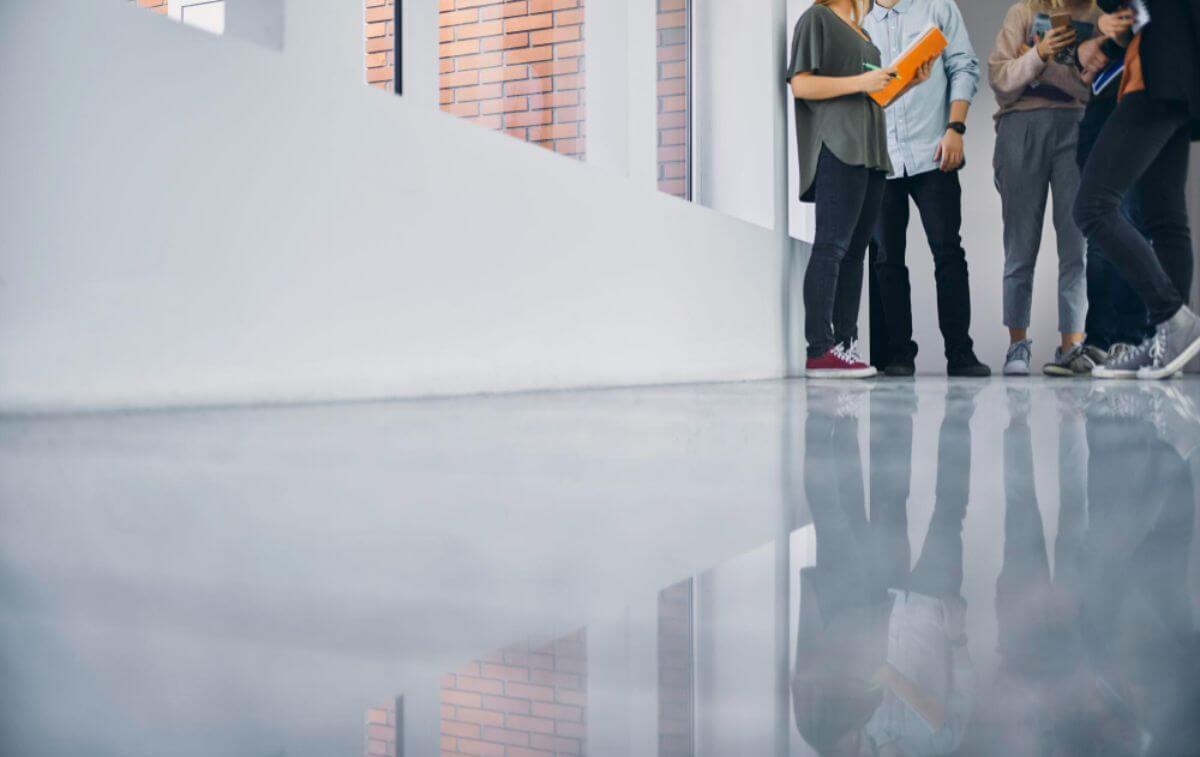Roof Deck Waterproofing Using Torch Applied Bituminous Membrane

Torch-applied or torch-down roof deck waterproofing typically refers to the process of adding a waterproof layer of protection to flat roof surfaces, basements, or below-the-ground areas using a flame torch.
The material used in torch-applied roofing resembles that of a paint roller that contains a tough membrane that is both impermeable and non-porous. It protects roofs from potential damage caused by leaks, environmental substances, and ultraviolet radiation.
Components of Torch-down Roofing

There are many components involved in the process of torch-down roofing. The most relevant of these components are the insulation, vapor barrier, overlay boards, and cap sheets that all work together in protecting the roofing material.
Insulation
The insulation component is responsible for regulating the temperature of a building’s interiors. They’re durable enough to withstand different changes due to the weather.
Vapor Barrier
The vapor barrier helps in preventing moisture and condensation from forming on the roof surface.
Overlay Boards
Components such as overlay boards help in providing a stable surface to allow for a more uniform application of the waterproofing membrane.
Cap Sheets
After the application of a base sheet or protective layer, the cap sheet is applied. This material serves to further enhance the waterproofing qualities of the technique.
Applications of Torch-on Bitumen

Bitumen is one of the most common materials utilized in torch-applied waterproofing processes. If you’re looking for the most effective bituminous-based membrane material for your waterproofing endeavors, Polyglass’s Polybond is the best fit for you. This material is made with a specially-manufactured compound that has been modified with polypropylene. Simply put, polypropylene is a kind of plastic polymer that is able to resist high temperatures. It is ideal for high-impact applications that prevent the formation of cracks or any stresses on the applied surface.
Having said this, there are already many different kinds of applications which torch-on bitumen is most useful for. This durable membrane is best for use as roof and basement flooring protection.
Roofs
As mentioned before, the torch-applied bituminous membrane is commonly applied to roofs. They offer a greater level of protection to the inhabitants inside the building, while subsequently retaining its structural integrity. This enables the base material to last for longer periods and reduce the potential cost which may be needed in maintenance, repairs, and replacements.
Basements
Bituminous membranes are also used as moisture protection for basement floors and walls. This area of a particular building is more prone to moisture build-up due to the environmental processes that take place as rainwater falls. Applying a waterproofing material such as the one mentioned before can provide comprehensive protection for all the piping and ductwork situated in the basement area.
Benefits of Torch-on Roofing

Now that you have been introduced to the basics of torch-on roof deck waterproofing and the materials involved in the process, it’s important to have a good grasp of the many benefits it presents. Aside from those already mentioned before, torch-on roofing adds a higher level of puncture-resistance and high tear strength.
Puncture-Resistant
Roofs need to be able to outlast the many different environmental changes and fluctuations they experience. Torch-on roofing offers an excellent method of adding a puncture-resistant quality to the roof matter. This means that no perforations, dents, or desecration will take place as long as the bituminous membrane stands.
High Tear Strength
Torch-on roofing has been specifically engineered to offer a high tear strength quality to flat roof surfaces. The application makes the material flexible enough to adapt to any sort of roofing irregularities due to stretching as well as natural wear and tear over time.
Key Takeaway
Whether you own a commercial facility or simply want to protect your home from external stress, you’d do well to invest in roof deck waterproofing. Give your structure a better fighting chance against elemental pressures!
Apart from adding further shielding to a home, torch-applied roofing helps in drawing the moisture out from the effects of rainwater, especially during the rainy season.





